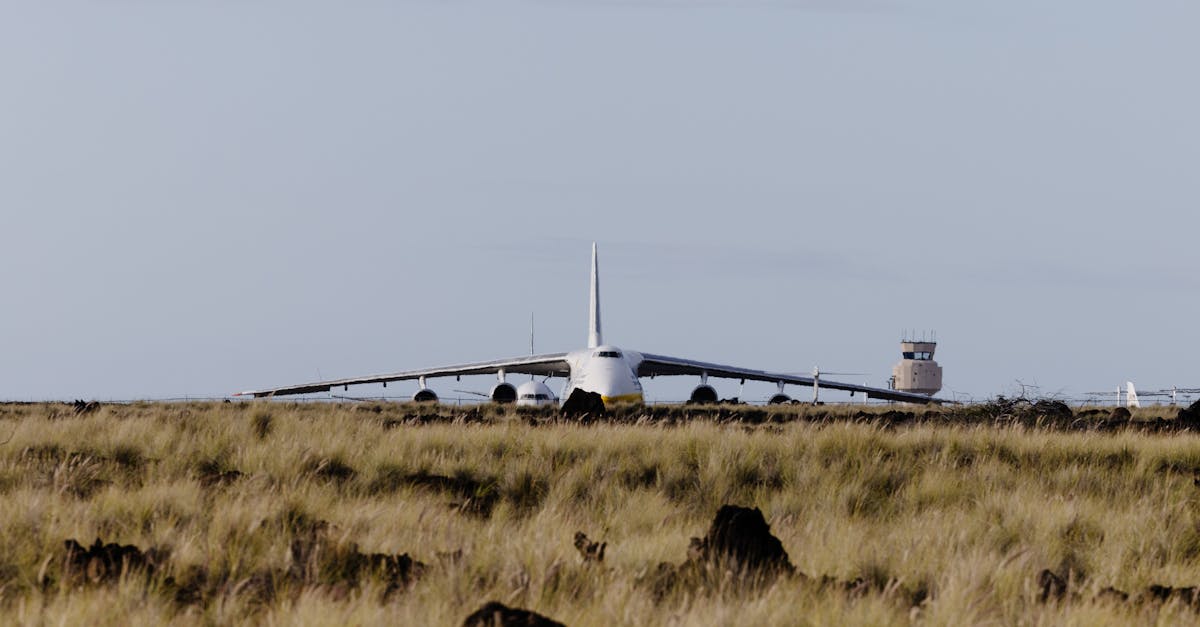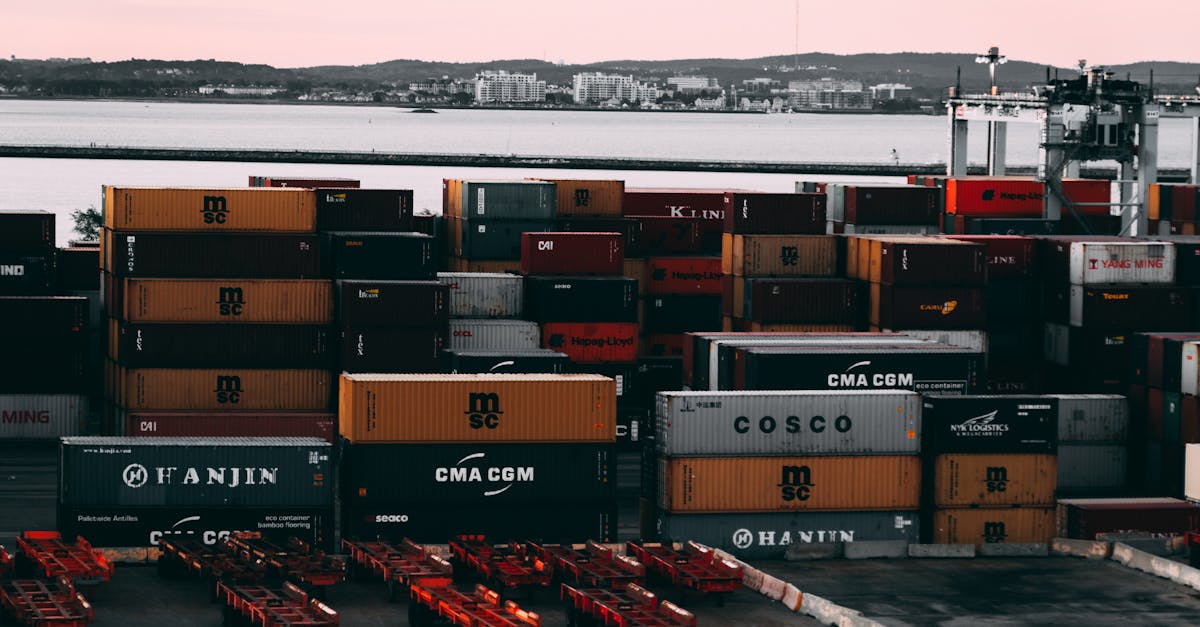A recent letter to the editor published in the Honolulu Star-Advertiser highlights the substantial operating costs associated with Honolulu's Skyline rail system. The letter references a November 2024 statement by the city Department of Transportation Services director, indicating an annual operating cost of $76 million. This figure raises critical questions for Honolulu's entrepreneurs and investors.
The high operating costs of the Skyline are not a new concern. A report from the Grassroot Institute of Hawaii in January 2024, showed that the cost per passenger was $72. This presents a considerable financial burden on taxpayers. With poor ridership, the per-passenger cost suggests a significant subsidy is required to keep the system running. Such a financial strain could have ripple effects on local businesses and investment climate.
The financial drain of the Skyline could divert public resources from other potentially more beneficial projects. As a city audit highlighted in March 2025, the rail system also falls short of expectations in areas such as ridership and accessibility, as reported by Mass Transit Magazine. With these factors in mind, the considerable outlay of public funds warrants scrutiny. Moreover, this could impact the resources available for initiatives to support small businesses and stimulate economic growth.
The escalating costs and operational challenges of the Skyline could also influence investor confidence in Honolulu's infrastructure projects. The situation underscores the importance for entrepreneurs and investors to stay informed and thoroughly assess the financial implications of public projects. A recent article by Hawaii Free Press reveals that operating costs are approximately $54 per passenger. Any increase in taxes to cover the cost, or opportunity costs caused by funding deficits in other budget areas could have a negative impact on businesses.



